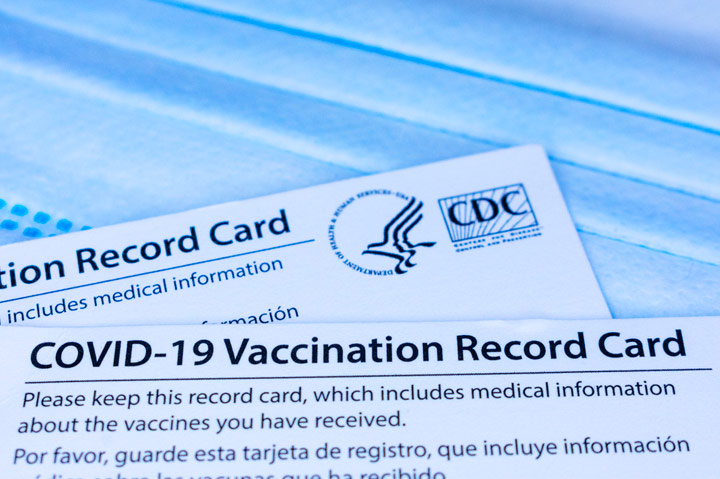November 17, 2021
OSHA Suspends Implementing, Enforcing Biden Vaccination Mandate
The decision to temporarily halt implementation/enforcement follows a court order, but OSHA still believes the mandate on COVID vaccination and testing for larger employers will ultimately pass legal muster.
Following a setback in court, the Occupational Health and Safety Administration (OSHA) has suspended any steps toward implementing and enforcing a mandate from President Joe Biden that requires workers at companies with 100 or more employees in the United States to be fully vaccinated against COVID-19 by Jan. 4, 2022, or submit to weekly coronavirus tests to confirm they don’t have the virus.

“While OSHA remains confident in its authority to protect workers in emergencies, OSHA has suspended activities related to the implementation and enforcement…pending future developments in the litigation,” reads an announcement from the U.S. Department of Labor.
The ruling that temporarily derailed what OSHA calls a standard rather than a mandate came from the New Orleans-based U.S. Court of Appeals for the Fifth Circuit.
On Friday Nov. 12, the court reaffirmed its earlier decision to halt the implementation of Biden’s vaccination and testing requirement.
The court stated that the mandate for larger employees is “fatally flawed,” “staggeringly overbroad,” and that lawsuits challenging the requirements are “likely to succeed on the merits.” The mandate is a “one-size-fits-all sledgehammer that makes hardly any attempt to account for differences in workplaces…”
The Fifth Circuit, considered one of the most conservative courts in the country, made the ruling in response to legal filings made by Republican attorneys general in Texas, Louisiana, Mississippi, South Carolina and Utah, along with some private companies.
In all, about three dozen lawsuits have been filed against the mandate, according to various media outlets. Some of the suits argue that the vaccination/testing requirements are unconstitutional and should be struck down, while others, like legal challenges from certain large unions, assert the mandate should be expanded to also cover companies with less than 100 employees.
Legal challenges and entanglements on the federal vaccination mandate for businesses are growing, with some wanting the requirements intensified/expanded and others wanting them abolished. https://t.co/99rl0OJUhR@ASI_MBell @Tim_Andrews_ASI @asicentral
— Chris Ruvo (@ChrisR_ASI) November 15, 2021
On Tuesday, Nov. 16, the various cases were consolidated to be heard by the Ohio-based Sixth U.S. Circuit Court of Appeals. A three-judge panel of judges from the appeals court will first hear the case. The Sixth Circuit has more than twice as many judges appointed by Republican presidents than those appointed by Democrats, but the members of the panel have not yet been appointed. The Sixth Circuit was chosen in a lottery.
“The Sixth Circuit is a favorable draw for mandate challengers, one of the best they could have hoped for. The court has many Trump-appointed judges skeptical of broad assertions of agency authority, and this is their chance to cement that reputation,” Sean Marotta, a lawyer at Hogan Lovells who follows multi-circuit issues, told CNN. Marotta noted, however, that chance could still determine that a liberal majority ends up on the panel.
The mandate, and the results of court battles related to it, have the potential to impact companies in the promotional products industry, as well their clients and partner firms.
Despite the legal entanglements, Biden has said businesses with 100 or more employees should make preparations to conform with the vaccination and testing requirements. Those rules include that unvaccinated employees at such employers begin wearing masks on the job starting Dec. 5.
Still, some legal experts have said that companies don’t need to adhere to the vaccination and testing rules yet, given that OSHA will not be undertaking any implementation or enforcement for the time being.
The National Law Review wrote: “Although not expressly stated, [OSHA’s halt on enforcement/implementation] means that employers under the rule have a reprieve of the upcoming December 5, 2021 deadline, and likely the January 4, 2022 deadline as well, as the courts will take some time to provide much-needed clarity and a final decision.”
